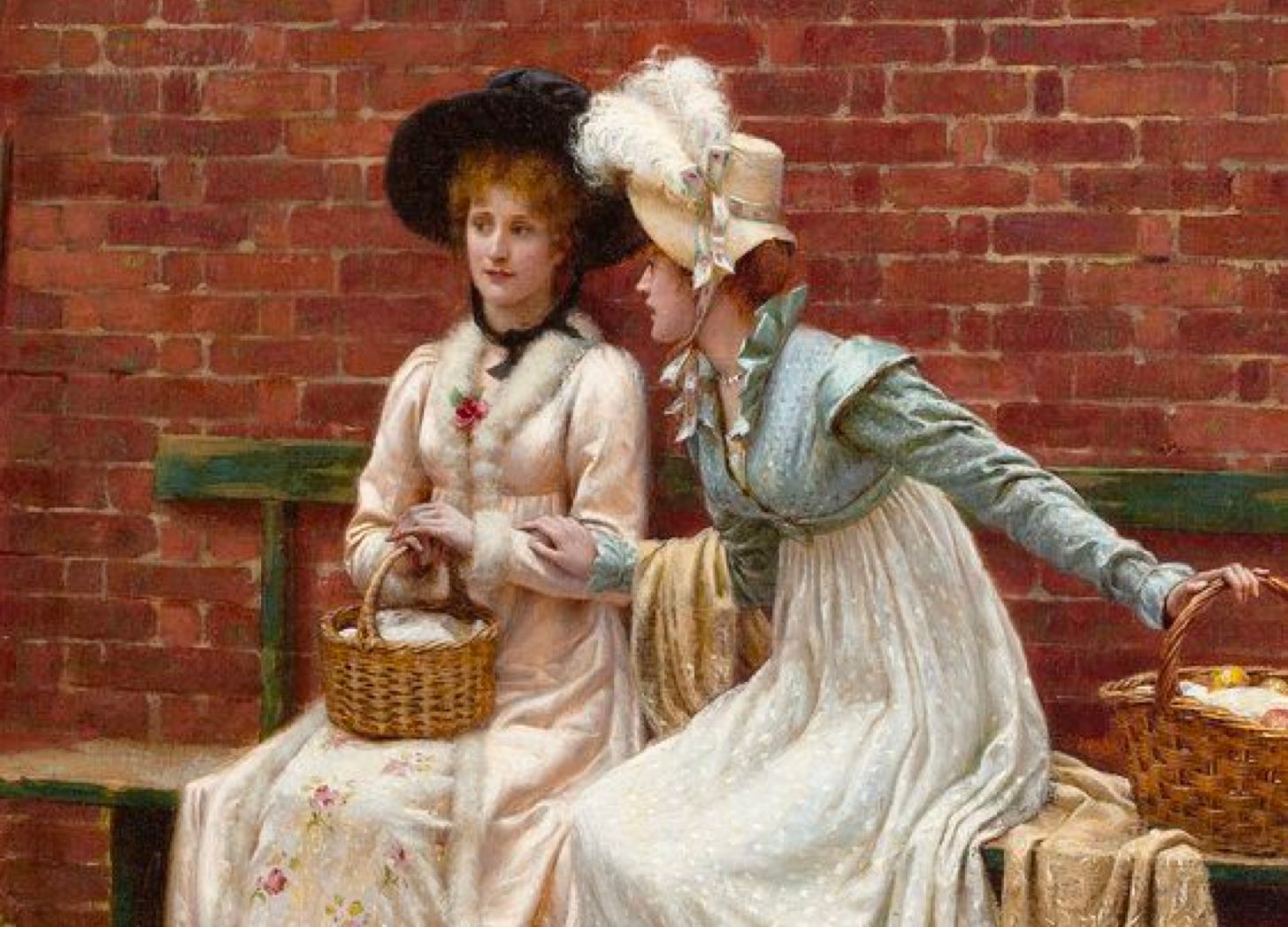An old French ballad ends with the lines
To wear a brave face for him who is leaving,
Is a difficult art, of which I'm a passed master
And now you will know wherefore.In addition to meeting my occasional need for a bit of second-hand heartache, this sad song reminds me of the origin (and thus the spelling) of the expression “passed master.”1
In both English and French, a “passed master” [maître passé] was a craftsman who had passed [passé] the test set for those who wished to attain the status of “master” (and thus full membership in a particular guild.)2 As such, he was not to be confused with a “past master,” which was a person who, having achieved this rank, subsequently shuffled off his mortal coil.
Imagine, if you will, a chief instructor at a karate studio. This teacher, who wears the black belt of a “passed master” of his art, honored his predecessors by decorating the lobby of his practice hall with pictures of the “past masters” of the tradition in which he trains.
Consider, as well, the actual case of Henry Taylor, who ran a school for would-be mariners in San Francisco in the early years of the twentieth century. Captain Taylor, who included “passed master” among his qualifications, rated the rank of “captain” because he had, at some time in the past, commanded a ship at sea. Thus, in addition to being a “passed master” of his guild, he was also “past master” of at least one vessel.
The original lines, from “I Sang Through My Pain” (J’ai chanté sur ma peine), read
Et faire bon visage à celle qui s'en va
Est un art difficile où je suis passée maître
Alors tu comprendras pourquoi
For the full lyrics, see this page. For the classic rendition of the tune, see the version sung by Lucienne Delyle.
Francophone readers will note that my translation is less than precise. Strictly speaking, je suis passée maître means “I have qualified as master” rather than “I am a passed master.” (The latter would have been je suis maître passé.)





I only particularly associated the term with the Beatles compilations, so appreciate the additional context!